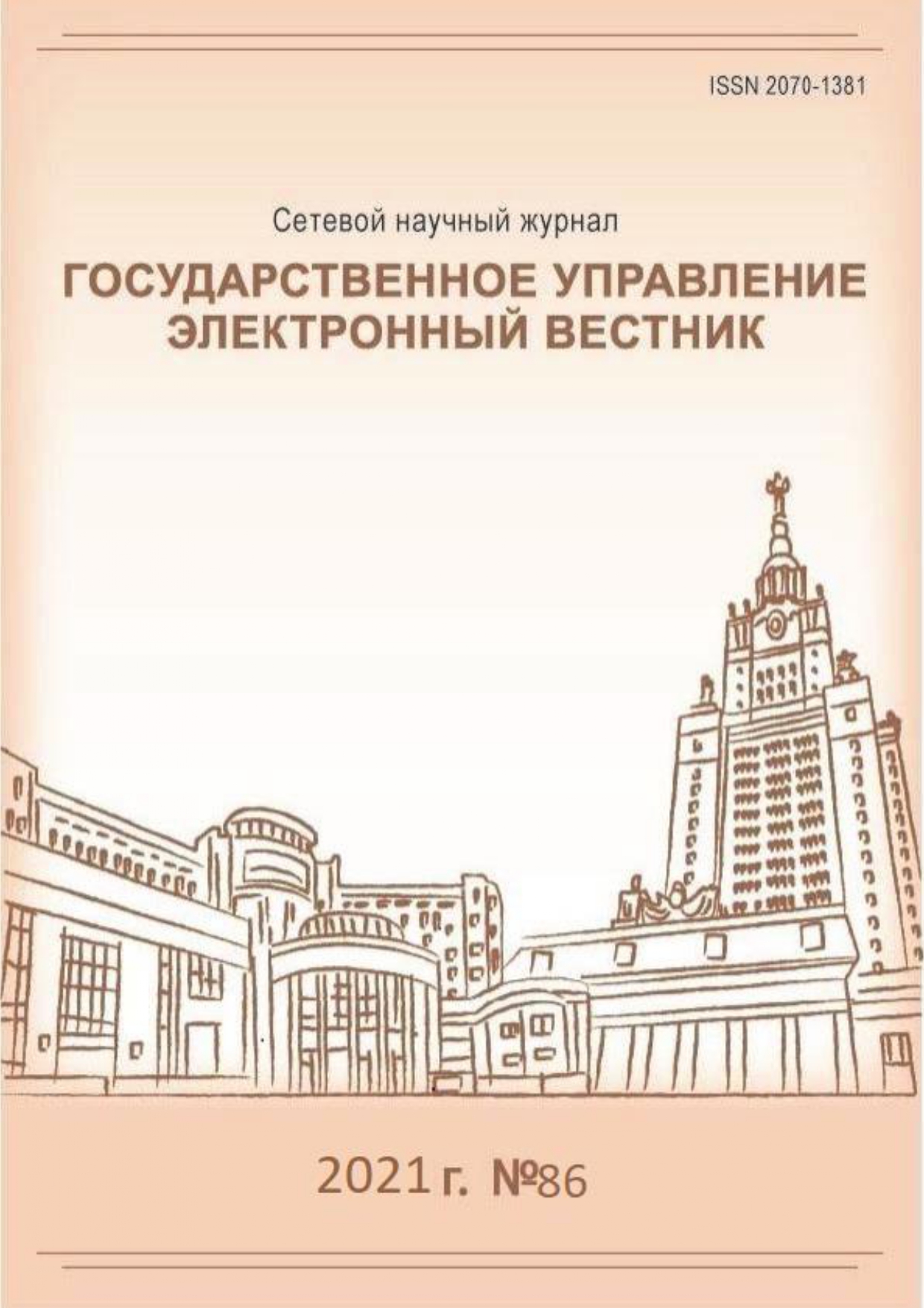Сравнительный анализ образов «забытых союзников» (Аргентина, Бразилия) и «стратегических партнеров» (Китай, Индия) в сознании российских граждан
Ключевые слова:
Образ страны, политическое восприятие, образы «своих» и «чужих», идентичность, политический контекст, Аргентина, Бразилия, Китай, Индия, РоссияАннотация
В данной статье приведен сравнительный анализ восприятия «забытых союзников» (Аргентина, Бразилия) и «стратегических партнеров» (Китай, Индия) у российских граждан в условиях воздействия политико-психологических факторов. В основу анализа легли результаты исследования, реализованного на кафедре социологии и психологии политики факультета политологии МГУ имени М.В. Ломоносова в рамках проекта «Образ страны в российском обществе: политико-психологический анализ». Методология эмпирической части исследования базируется на комбинировании количественных и качественных методов, таких как формализованное интервью и проективные методики. Исследование направлено на выявление образно-символических особенностей представлений респондентов из России о зарубежных странах, а также на выявление закономерностей формирования данных представлений и анализ отличительных черт восприятия образов «забытых союзников» и «стратегических партнеров» в сознании российских граждан. Были изучены психологические характеристики образов стран, а также их структурных компонентов. На основании результатов проведенного исследования подтверждено высказанное предположение о том, что образы «стратегических партнеров» формируются преимущественно на рациональном уровне. Подчеркнута размытость, когнитивная бедность практически всех компонентов образа «забытых союзников», препятствующих возникновению в восприятии однозначного рационального выбора в пользу «друга» или «партнера». Сделан вывод о сложности и многогранности образов «забытых союзников» и «стратегических партнеров», формирующихся в массовом сознании российских граждан. Объяснено, почему россияне преимущественно относят Аргентину, Бразилию, Китай и Индию к «своим» и почему, несмотря на это, представляется невозможным однозначное наделение данных государств статусом «друга».
Библиографические ссылки
Евгеньева Т.В., Смулькина Н.В., Цымбал И.А. Место России в мире в восприятии рядовых граждан: идентификационное измерение // Полис. Политические исследования. 2020. № 4. C. 181–191. DOI: 10.17976/jpps/2020.04.13.
Евгеньева Т.В., Титов В.В. Формирование национально-государственной идентичности российской молодежи // Полис. Политические исследования. 2010. № 4. С. 122–134.
Евгеньева Т.В., Усманова З.Р. «Свои» и «чужие»: образы зарубежных государств в контексте восприятия России ее гражданами // Вестник Московского Ун-та. Сер. 12. Политические науки. 2018. № 2. С. 57–75.
Егорова-Гантман Е., Плешаков К. Концепция образа и стереотипа в международных отношениях // Мировая экономика и международные отношения. 1988. № 12. С. 19–33.
Киселев И.Ю. Образы государства в международных отношениях: механизмы трансформации // Полис. Политические исследования. 2003. № 3. С. 50–57.
Киселев И.Ю. Проблема образа государства в международных отношениях: конструктивистская парадигма // ПОЛИТЭКС. 2007. Т. 3. № 3. С. 253–260.
Крымчанинова М.В. Проблемы социальной и политической идентичности современного российского общества // Политическая психология, культура и коммуникации. М.: РАПН, РОССПЭН, 2008. С. 27–42.
Образ России в мире: становление, восприятие, трансформация / Отв. редактор И.С. Семененко. М.: ИМЭМО РАН, 2008.
Селезнева А.В., Смулькина Н.В. Образы стран славянского мира в сознании российских граждан (на примере Украины и Белоруссии) // Русин. 2018. № 4(54). С. 352–371. DOI: 10.17223/18572685/54/21.
Семенова Е.С. Психологические механизмы восприятия образов «своего» и «чужого» политических лидеров (на примере образов В.В. Путина и Г. Шредера) // Вестник Московского университета. Серия 12: Политические науки. 2006. № 6. С. 86–94.
Смирнова А.Г. Динамика образа государства в международных отношениях. 2-е изд., перераб. и доп. СПб: Издательство С.-Петербургского Университета, 2006.
Шестопал Е.Б. Восприятие зарубежных стран российскими гражданами // Общество. Коммуникация. Образование. 2020. Т. 11. № 4. С. 16–28. DOI: 10.18721/JHSS.11402.
Шестопал Е.Б. Образ и имидж в политическом восприятии: актуальные проблемы исследования // Образы государств, наций, лидеров / под ред. Е.Б. Шестопал. М.: Аспект Пресс, 2008. С. 8–24.
Шестопал Е.Б., Селезнева А.В. Социокультурные угрозы и риски в современной России // Социологические исследования. 2018. № 10. С. 90–99. DOI: 10.31857/S013216250002161-0
Шестопал Е.Б., Смулькина Н.В. Факторы восприятия постсоветских стран в современном обществе // Полис. Политические исследования. 2018. № 1. С. 26–44. DOI: 10.17976/jpps/2018.01.03.
Castells M. The Power of Identity. Cambridge: John Wiley & Sons, 1997.
Cottam M., Dietz-Uhler B., Mastors E., Preston T. Introduction to Political Psychology. Mahwah, New Jersey, London: Lawrence Erlbaum Associates Publishers, 2004.
Cottam R.W. Foreign Policy Motivation. A General Theory and a Case Study. Pittsburgh, PA: University of Pittsburgh Press, 1977.
Herrmann R.K., Fischerkeller M.P. Beyond the Enemy Image and Spiral Model: CognitiveStrategic Research after the Cold War // International Organization. 1995. Vol. 49. No. 3. P. 415–450. DOI: 10.1017/S0020818300033336
MacCrone D., Bechhofer F. Understanding National Identity. Cambridge: Cambridge University Press, 2015.
Neumann I. Uses of the Other «The East» in European Identity Formation. Minneapolis: University of Minnesota Press, 1998.
Nye J.S. Soft Power. The Means to Success in World Politics. New York: Public Affairs, 2004.

